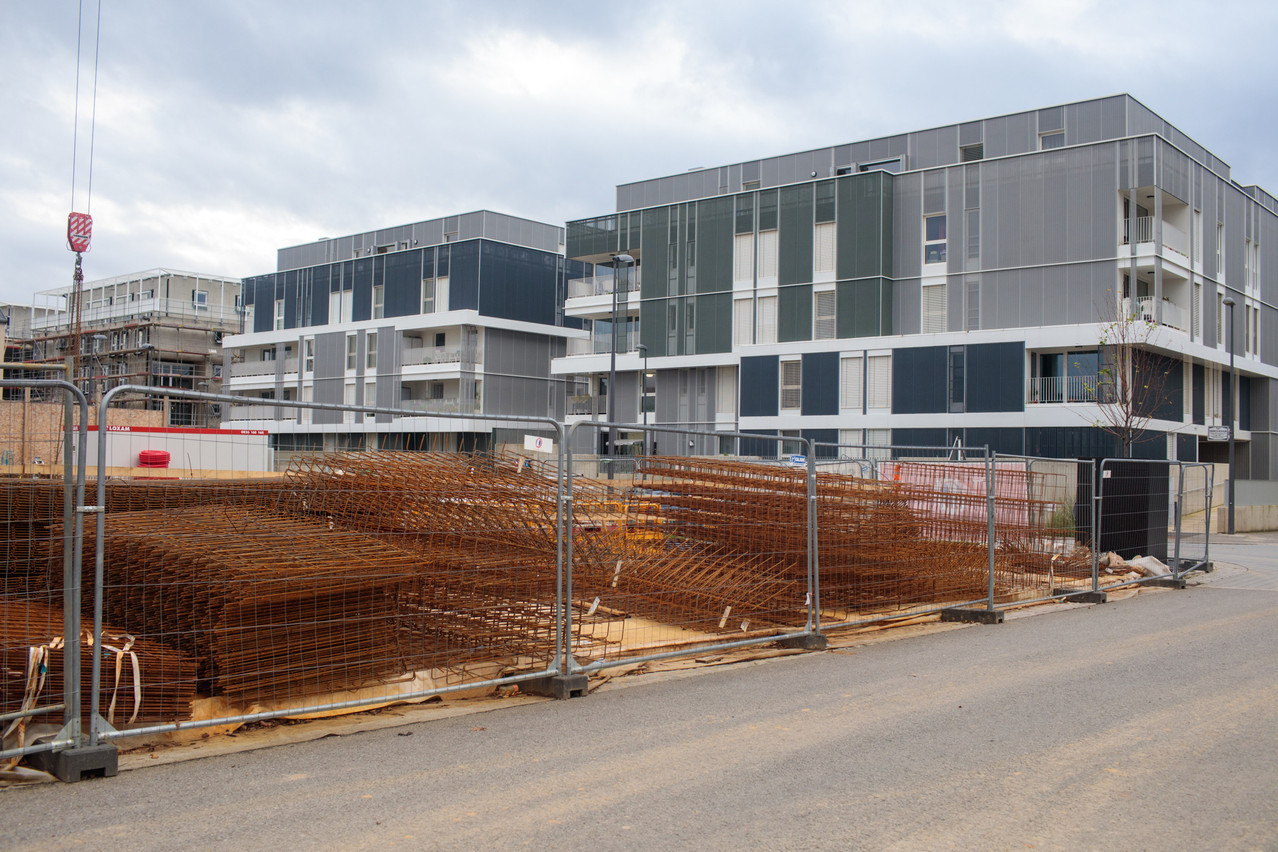In February, the interest rate had already risen to "1.8% or even 2%", compared to 1.4% by the end of 2021. Two months later, interest rates have continued to rise, reaching 2.8%, according to data from AtHome Finance. "The increase in interest rates, which began in January, has intensified with the war in Ukraine," the mortgage broker explains in a press release. "Today, it is necessary to pay €410 more each month for a loan of €800,000 over 30 years, in fixed rate."
Last February, it had been expected that the sector would “finish the year with rates at 2.5 or 2.6% in the worst case".
According to Yann Gadea, head of mortgage brokers, fixed rates are the highest they have been in five years. Despite this, "we still have a lot of demand. The interest in buying in Luxembourg is not waning."
Security and higher refinancing costs
Variable rates are "still at 1.4%". The agency's brokers therefore advise their clients to opt for a combination of fixed and variable rates.
The same strategy has been implemented by Nexfin. "Fixed rates are very high", confirms Gil Fileno, a broker. He looks at the latest offers received by banks: "3.10% for a fixed rate over 25 years, 2.8% for a fixed rate over 10 years, and another, at 3% over 25 years,” he illustrates. He also points to the war in Ukraine and inflation as explanations. "Economic agents are worried, there is less security on the market, and we pay a lot for security.” If they choose variable rates, borrowers are not protected from an increase in the latter over the 30 years of their loan. However, they remain "attractive, between 1.25% and 1.50%,” says Fileno, who recommends reducing the risk by borrowing half at a fixed rate, and reducing the cost by borrowing the other half at a variable rate.
Contacted by Delano’s sister publication Paperjam in February, the Banque de Luxembourg added that because of inflation, money is more expensive for banks. The increase in refinancing costs is thus passed on to long-term fixed interest rates.
Towards a return to 4 or 5%?
Frédéric Pronesti, associate manager at Génération Crédit Luxembourg, corroborates what his colleagues describe: "It's starting to go up quite a bit, due to inflation,” he explains, continuing: “We don't know. From what we hear, yes. Until when and to what rate, I don't know." He recalls that some 15 years ago, "we would never have thought that we would ever go below 2%". In 2005, fixed rates were between 3.5 and 4%, according to the property credit specialist. It remains to be seen whether they will again reach these amounts or exceed them.
This story was first published in French on . It has been translated and edited for Delano.
